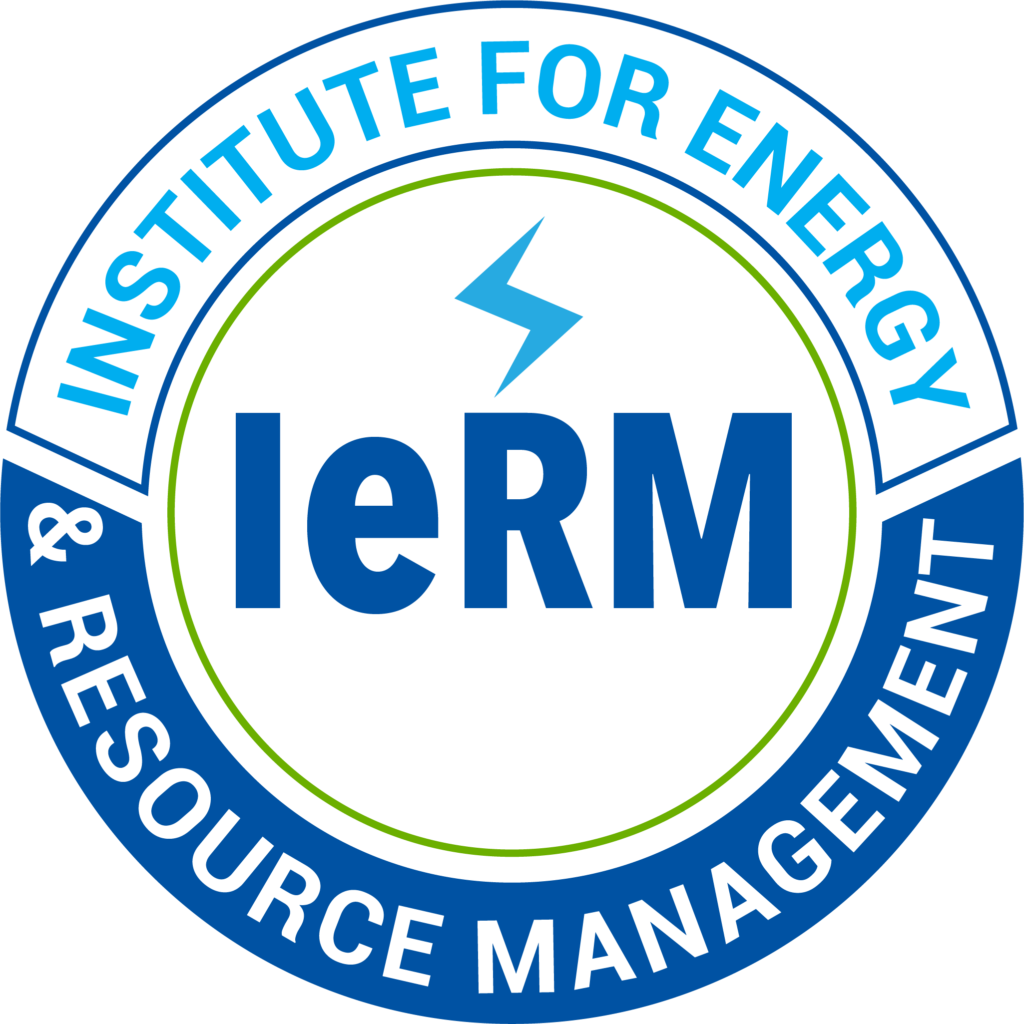While we favor a circular economy without landfilling or WTE/Incineration the nature of society (and consuming) does create waste that cannot be avoided or recycled. In that case waste should first be made inert, toxics destroyed, and materials and energy recovered so that landfilling, the worst option for dealing with…
Microplastic pollution has been discovered lodged deep in the lungs of living people for the first time. The particles were found in almost all the samples analysed.
The scientists said microplastic pollution was now ubiquitous across the planet, making human exposure unavoidable and meaning “there is an increasing concern regarding the hazards” to health.
Samples were taken from tissue removed from 13 patients undergoing surgery and microplastics were found in 11 cases. The most common particles were polypropylene, used in plastic packaging and pipes, and PET, used in bottles. Two previous studies had found microplastics at similarly high rates in lung tissue taken during autopsies.
….
“For many years I’ve been working in the field of toxic waste, toxicology, cancer, infectious diseases, and it always leads into the business of sewage sludge and other forms of toxic waste,” he said.
Last week, Honour spoke of the dangers in human sludge, especially from patients treated with chemo, a drug designed to kill human cells, as well as hospital wastes, bacteria, viruses, dioxins, PCBs, asbestos, industrial waste, heavy metals and other hazards.
“For some reason, in Washington state, we live under the delusion that growing our food in extremely toxic waste is good news and is beneficial to the economy because farmers get a break from buying very expensive commercial fertilizers,” Honour said. “But the costs to us in our county and our state are extraordinary.”
….
One sensitivity explored the comparison of adopting a 20 vs a 100-year time horizon. This clearly highlighted the large impact of methane emissions from landfills, in accordance with the recent IPCC report’s emphasis on the urgency to reduce GHG-emissions.
Another sensitivity investigated the CO2eq savings by energy recovery. The average electricity and heat mix of the European grid (and its evolution with a higher penetration of renewables in the future) is considered as default assumption for energy substitution. A sensitivity analysis with a marginal approach has also been developed which means that processes which recover energy from waste avoid the most carbon intensive conventional power generation technologies – fossil fuel sources. This sensitivity highlights even more the great contributions of energy recovery from waste in a decarbonisation perspective.
The waste management industry has cross-industrial interlinkages by making valuable waste-derived content available to the whole economy as secondary resources for material and energy uses.
“Anyone who cares about the environment and their property tax bill should be concerned about this,” said Schmidt-Pathmann. “It is critical that you contact your County Councilmember and let them know you don’t want any more public money sunk into the ‘landfill liability’ including transfer stations. There is a better – and cheaper – solution.”




